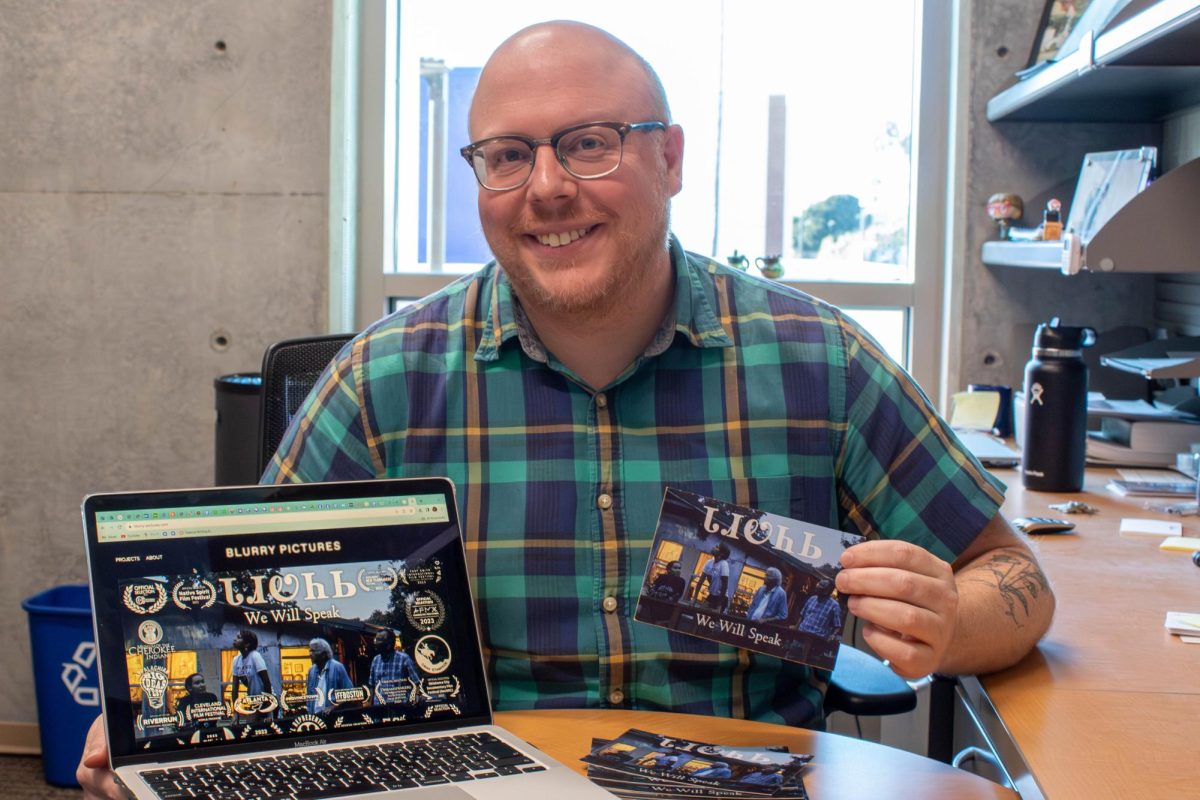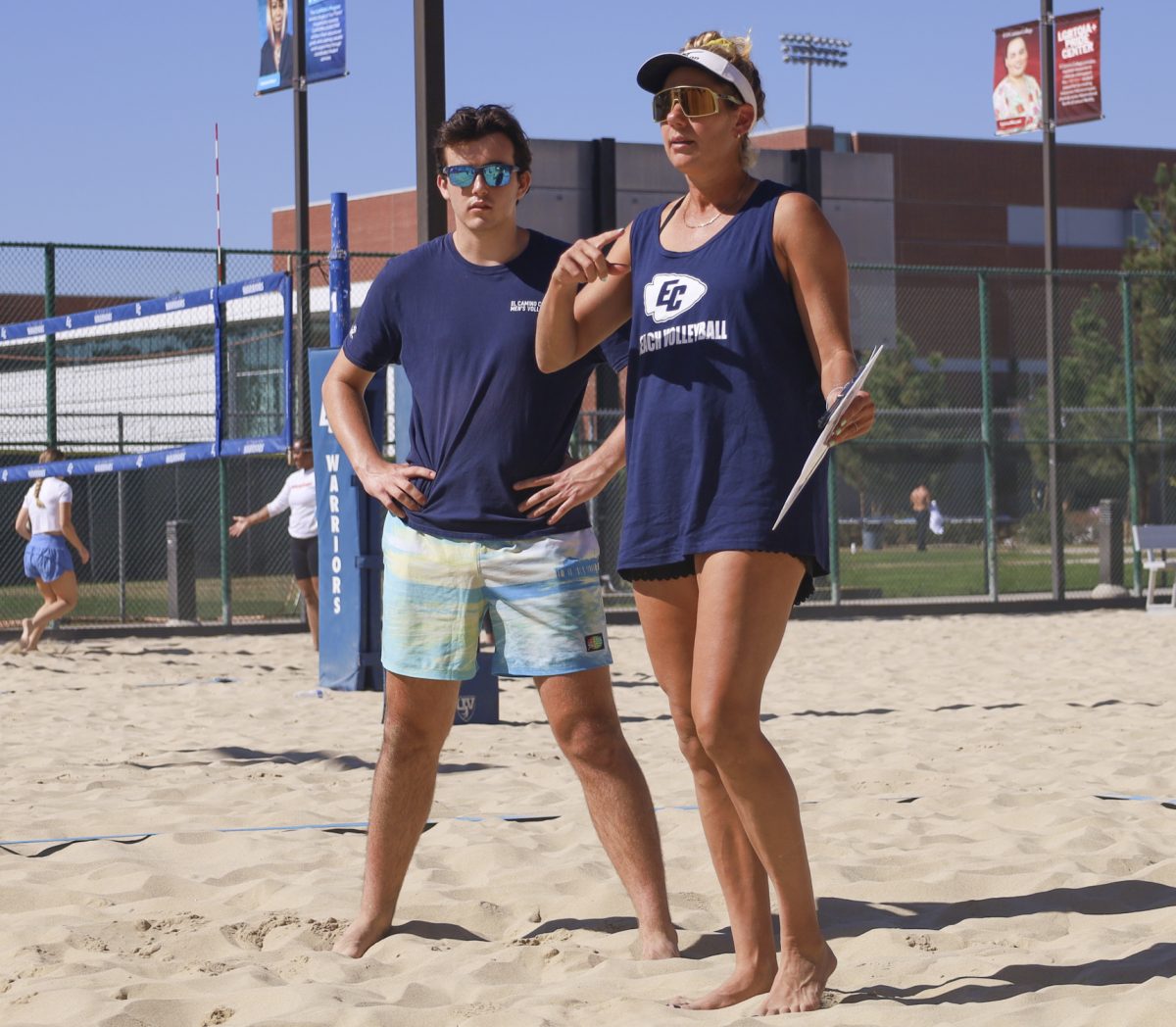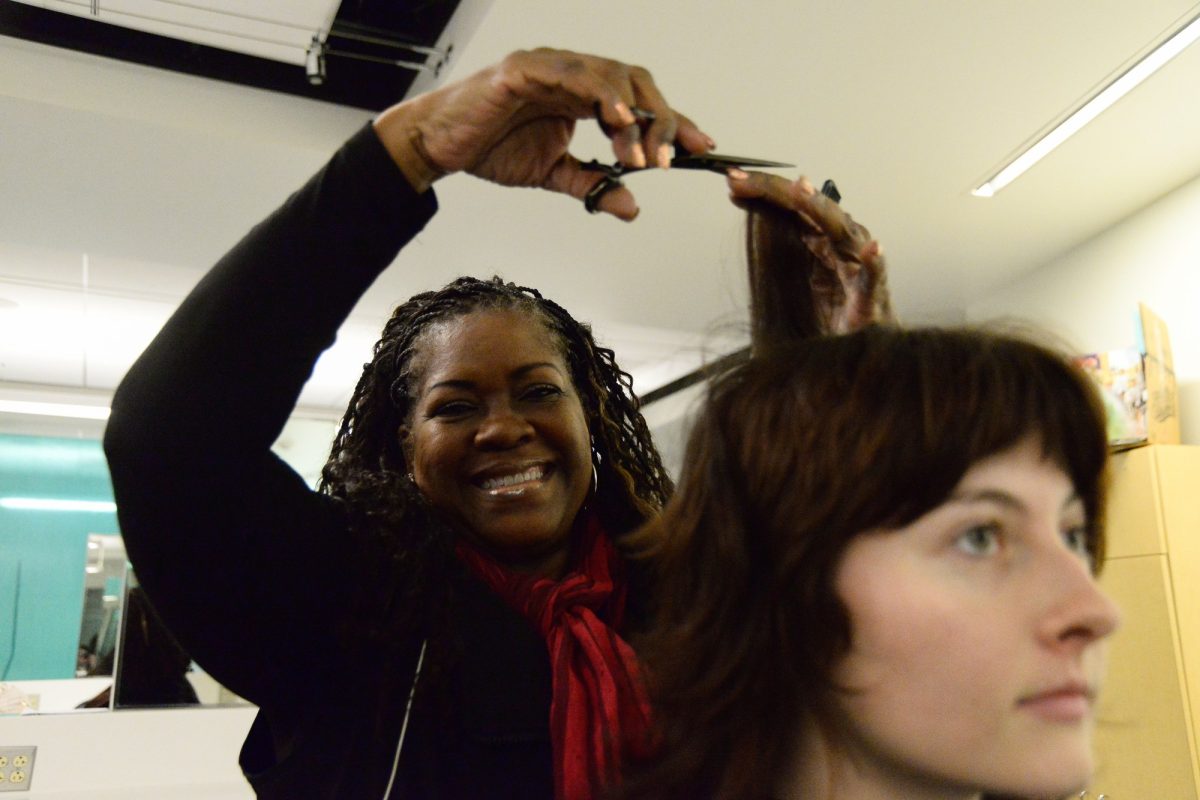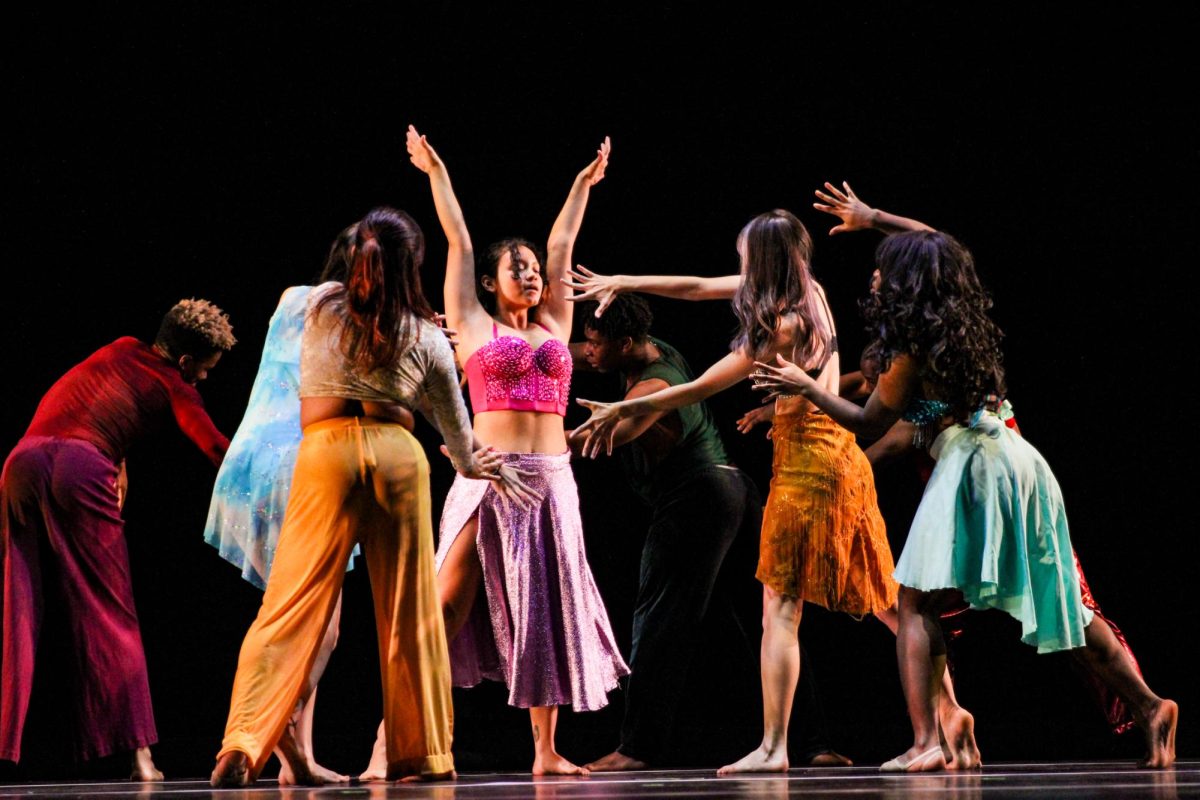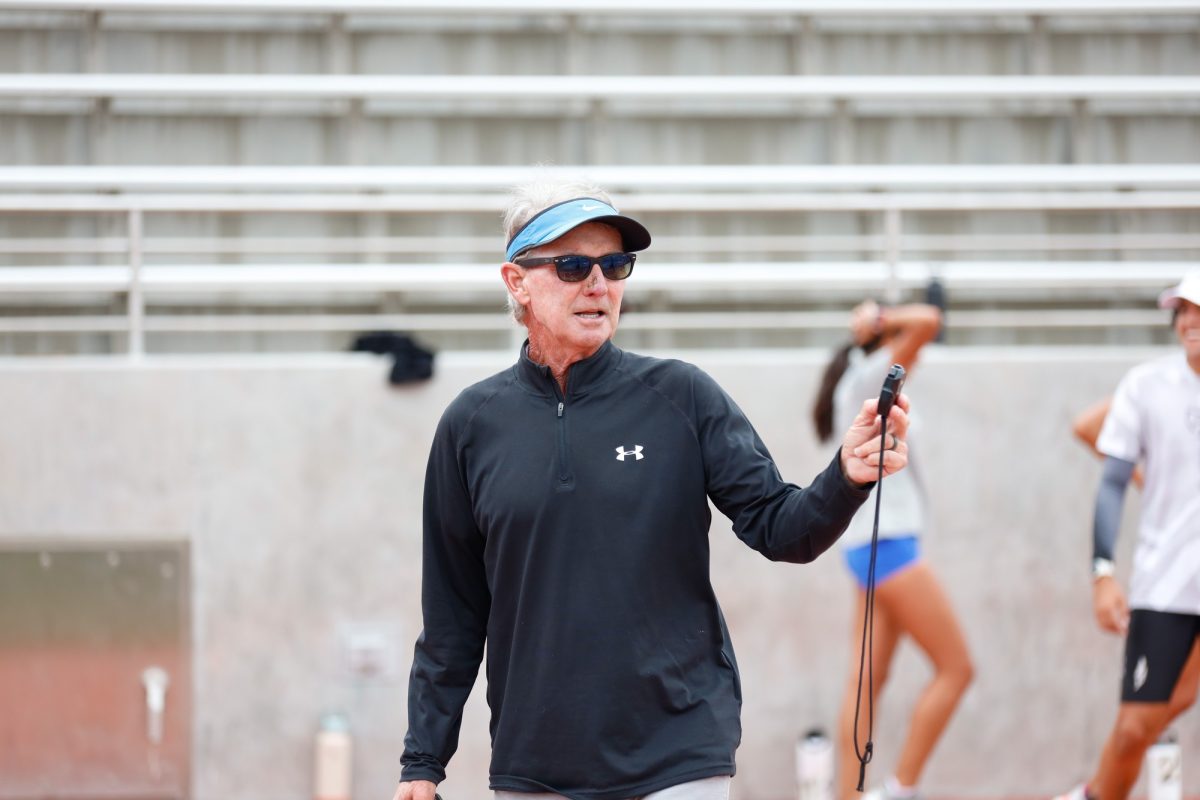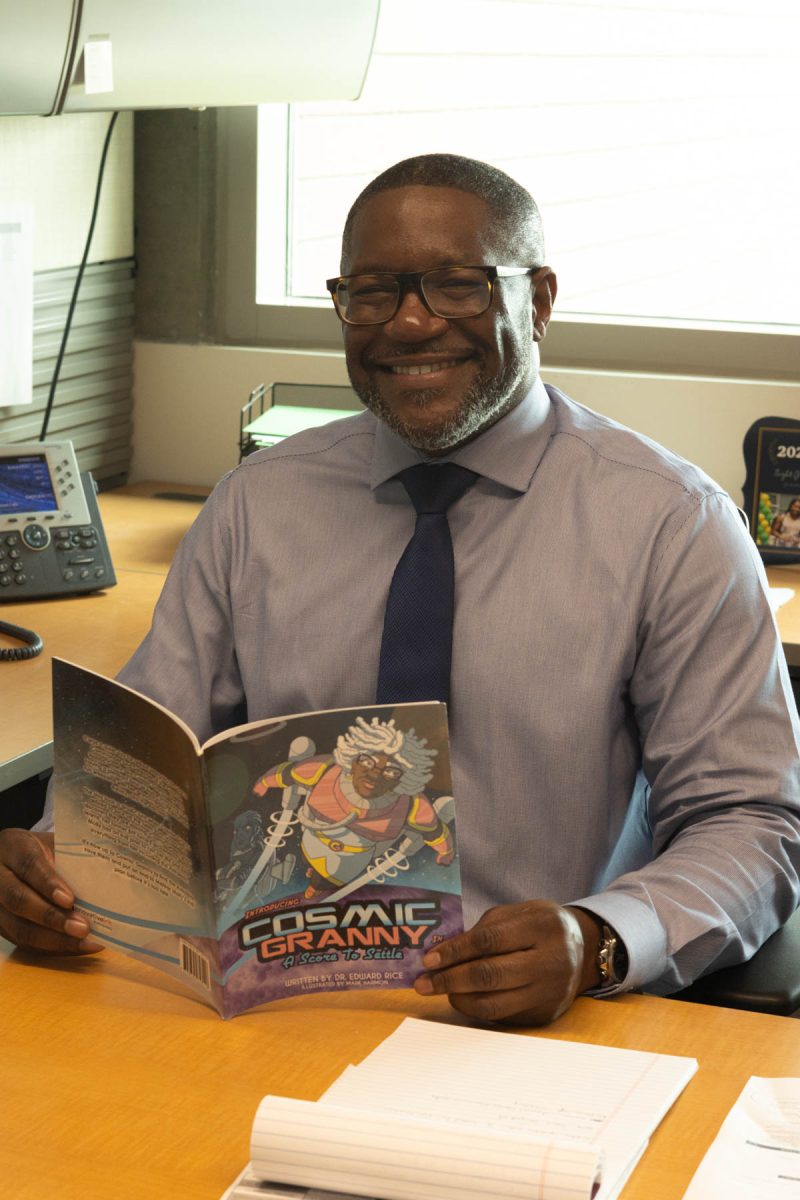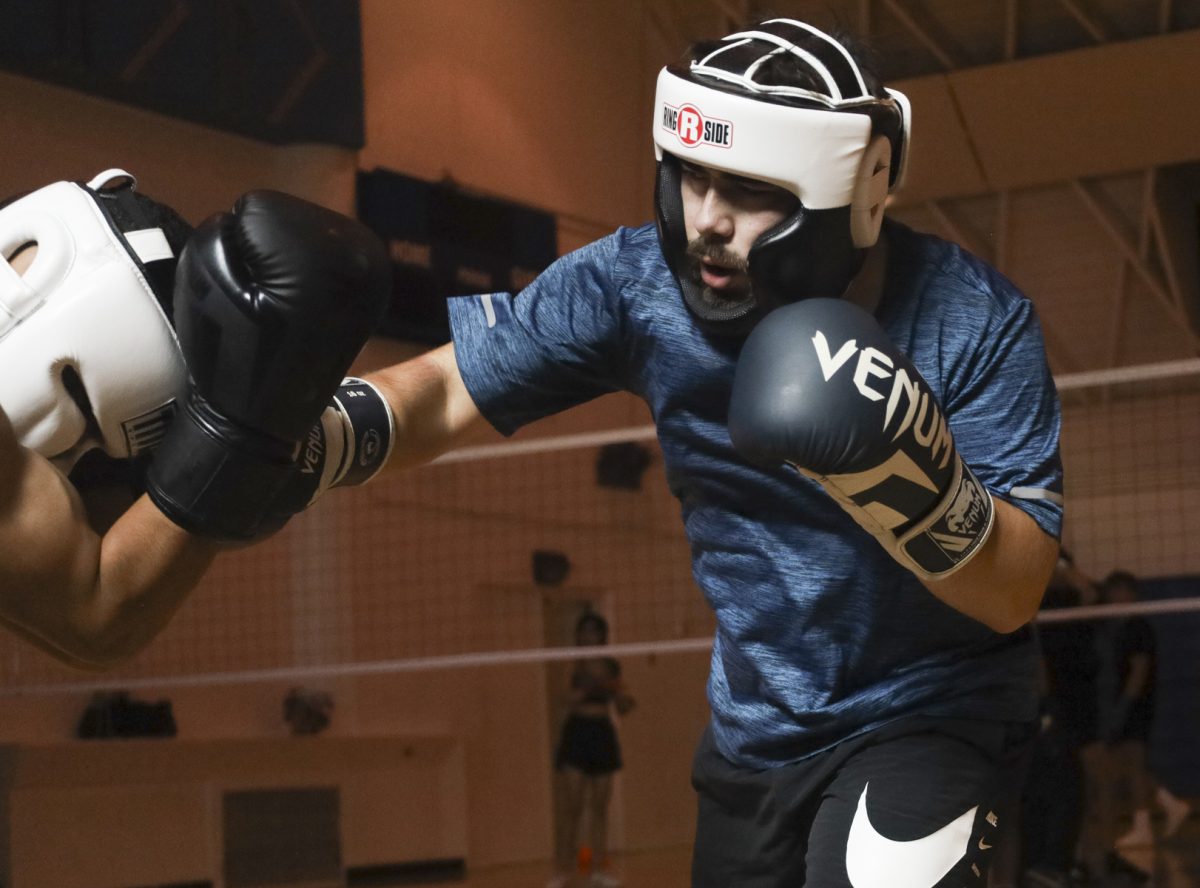An El Camino College English professor had a Los Angeles premiere for his first feature-length documentary in the Fine Arts Theatre Beverly Hills on Thursday, Nov. 9.
Entitled “Dadiwonisi (We Will Speak),” the film was co-directed by professor Michael McDermit and fellow filmmaker Schon Duncan.
The film did the rounds of film festivals around the U.S. and has so far received three awards: Best Oklahoma Feature at the 2023 Dead Center Film Festival, Best Documentary at the 2023 Circle Cinema Film Festival and Runner-Up for Best Indigenous Feature at the 2023 Albuquerque Film and Music Experience.
The film explores the Cherokee language which has fewer than 2,000 fluent speakers among 430,000 citizens.
The language is spoken by the three federally recognized Tribes of Cherokee which include the Cherokee Nation, United Keetoowah Band, and the Eastern Band of Cherokee Indians.
The Union spoke with McDermit and asked him seven questions about the film and his plans.
Q. What do you hope the audience gets out of the film?
A. It’s a story that other tribes and other indigenous folks are experiencing too. It’s our hope to bring awareness to that struggle [of preserving a language], bring awareness of the intricacies and relationships between language and culture. This is the history of genocide and assimilation the U.S. government focused toward indigenous people in general. It’s educational in that way but it’s also trying to say there is a hope that this [language] is not going to go extinct and that these folks are very resilient people and deserving of consideration in the same way we all are.
Q. What is your part in the film?
A. In the film, I’m co-director with Schon Duncan. To be honest, I did a lot more than just directing. I shot it with my creative partner Jacob Koestler, and we edited it. We [have] made art together for about 20 years, we were in bands playing music. I grew up in a small town in Pennsylvania. And we had a really tight-knit music scene. So, we would all kind of play in each other’s bands and make art together. Our creative relationship kind of stayed intact, even though I moved to California. We started to brainstorm projects to start making films. We made a couple of documentary shorts, where we would essentially meet up in the middle of the country or somewhere where it would cause us to take a road trip together and investigate or find something out. And that’s sort of where the impetus of this project happened, where we were going to make a sprawling documentary about language in general.
Q. How did you know those people in the film?
A. I didn’t know any of the families. First, I knew the man in the film, his name is TJ Holland. He was a museum, I think, curator in North Carolina and he was the first person to actually say I’ll give you an interview. And so [Jacob and I] talked to him and he was like, ‘You are sniffing around a good story, but the real story is that what’s happening now, if you are going to tell this story it needs to be with us, not just about us.’ That was the first time where I was like, okay, this project needs to widen, not only in scope but in being more inclusive.
Q. What inspired you to be a film director?
A. I’ve always loved film. I’m a voracious movie watcher. I’ve watched movies as long as I can remember and really taking them in beyond just watching them, dissecting them, analyzing and everything. So I’ve always had an interest.
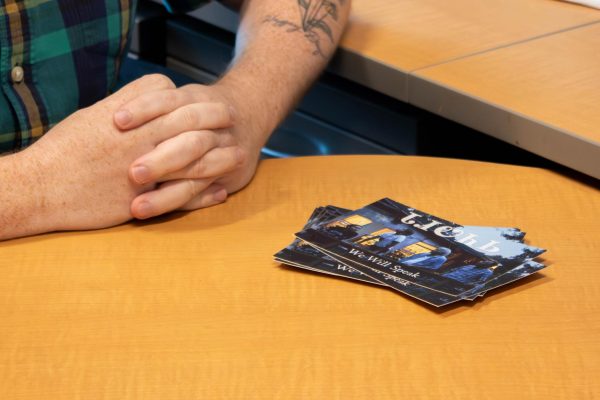
Q. What inspired you to be an English teacher and learn to teach people about language?
A. So my mother was a teacher. And I saw how she was with students and it just was something that was inspired upon me. But my father [has] aphasia, [so] language is always difficult for him. Before his accident, he was a writer and he was studying to be a lawyer. Language was a big part of his life and then language was taken from him because of the accident. I grew up with him lamenting that he was no longer able to verbalize as much as he wanted to. He always kind of looked at me as the continuation of his language self. I was very interested in writing from an early age so I felt like I continued [in] his footsteps a little bit. Learning about his language disability and what that meant for him always meant that I was interested in language and its complexities. So it manifests in so many different ways. But I think it originally came from me seeing how someone had problems with language and learned to work around them. So it’s always been something I’m very interested in and there’s so many different facts.
Q. How did you manage such a busy schedule while filmmaking?
A. [This] filmmaking [process] has been very therapeutic, it was very cathartic for me. But this film [has] been also heartening, I’ve grown as a person as a result of being around these community members and being accepted into the community and also just seeing how they function. There’s so much love, care, concern and there’s so much richness to the culture that I just feel grateful that I’ve been around and experienced [it]. So, it’s really made me a better and bigger person to just spend all my time helping and contributing.
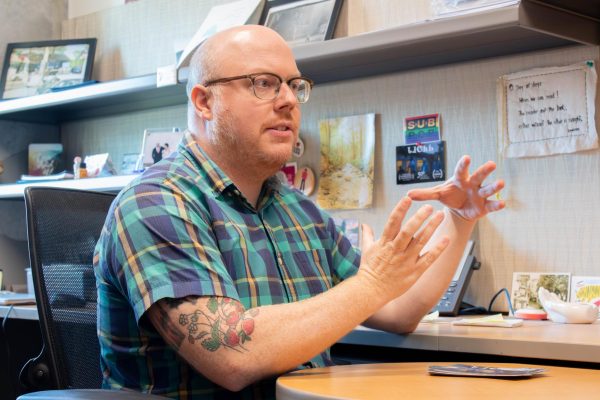
Q. What is your next project?
A. I had a student who wrote an essay about her family. They are a family of clowns. I was very interested in that and I asked her about what this story was. She said her whole family [works as] clowns and they have a group of clowns that have come from Latin American countries and settled in the United States. Once a year they give a symposium or conference about clowning, it’s like a giant family reunion. Last year we filmed the whole conference for a whole week and there were about 200 clowns at this conference. That will be the next documentary. I’m really happy about that because it came from a student. I’m [also] really happy that I can start to merge those worlds a little bit, you know, with my career as a professor but reaching out to students and then also making films about them, it’s cool.
(This Q&A has been edited for readability.)




